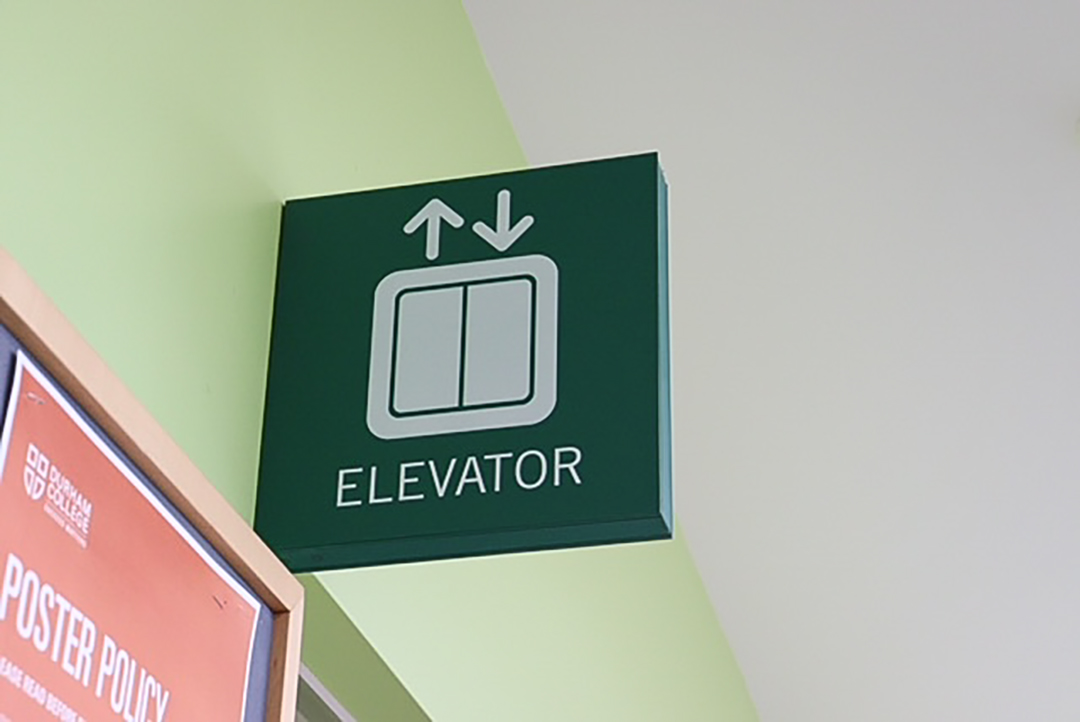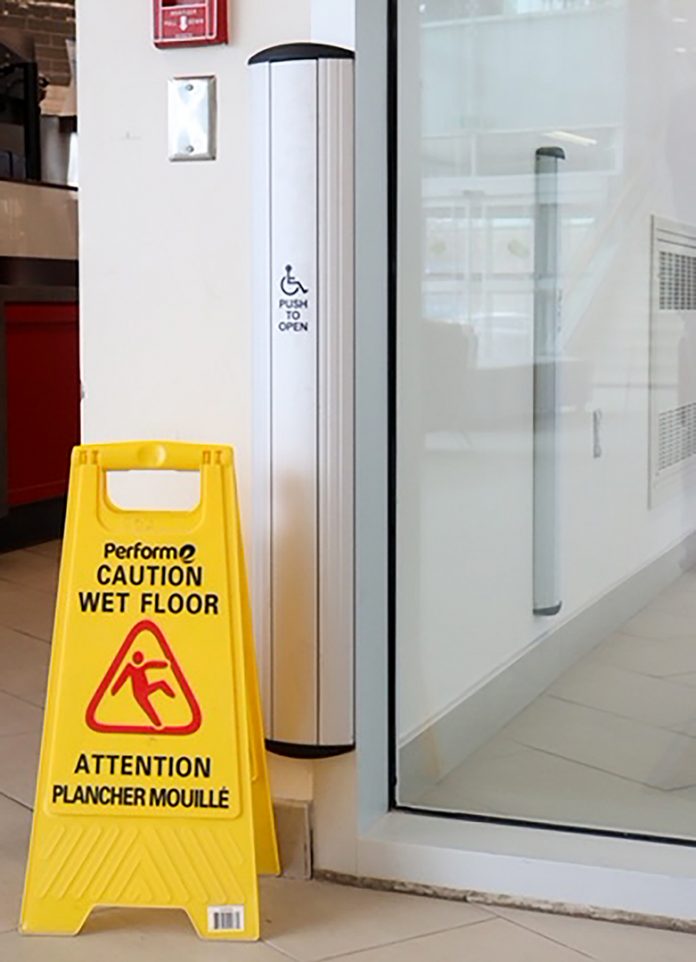In 2015, the Accessibility for Ontarians with Disabilities Act (AODA) promised that by 2025, Ontario would be fully accessible for those with disabilities. In April 2025, the Ontario government has not yet reached that goal, leaving many disabled people in an inaccessible province.
The AODA passed into law in 2005, and all three political parties agreed on it. This year marks the 20-year-anniversary of it coming into act but the province is still behind in fully implementing its accessibility provisions.
According to the AODA, 2.6 million residents in Ontario reported having a disability in 2019, and of those, 40 per cent are students with disabilities.
In their five-year-plan, Durham College (DC) is working toward improving accessibility on campus. DC’s Accessibility Annual Status Report reflects recent projects and what still needs to be improved upon.
From 2023 to 2024, DC completed more than eight objectives that made the campus more accessible for all students.
DC offers a lot of support for those with disabilities or in need of extra support. The college provides a variety of accommodations that include peer note taking, peer coaching, reduced course load and assistive technology.

“When it came to my work they set me up with Collin, one of the workers there. He provided me with things like a recorder to record my classes as well as someone within my class to share the notes that would be taken in class. I felt very supported by the student accessibility services,” said Katie Girard, a third-year broadcast student at DC.
The Access and Support Centre (ASC) assists around 3,000 students a year and has two locations, one each on DC’s Oshawa and Whitby campuses.
Christine Gibson is one of the accessibility coaches at ASC. Her role is helping students with disabilities and exceptionalities find accommodations that will enhance their DC learning experience.
“Sometimes students only need us on a temporary basis. It could be maybe if their medical condition or diagnosis kind of flares up, if you will, at a certain time,” said Gibson.
The program is free for DC students and they are able to connect with any of the staff at ASC any time they need. Students are also able to change their level of accommodation depending on how much support they require at the time.
In addition to DC’s efforts, Ontario has established its own accessibility standards.
These standards under the AODA include customer service, employment, information and communication, transportation and design of public spaces.
These standards were set to ensure that all Ontarians with disabilities would have equal access to the province, just like everyone else.
Durham Region has multiple accessibility services for those who require extra support, including accessible public transportation and housing with modifications that fit the person’s needs.
These supports are not available to everyone and require registration to determine eligibility for the services.
Although Ontario has not yet reached its 2025 accessibility goal, the province has extended the timeline by another 10 years, expressing hope it will be able to fulfil its commitment to ensuring equal access for all. Durham College’s ongoing efforts align with this vision, making strides toward a more accessible and supportive environment for its students.




